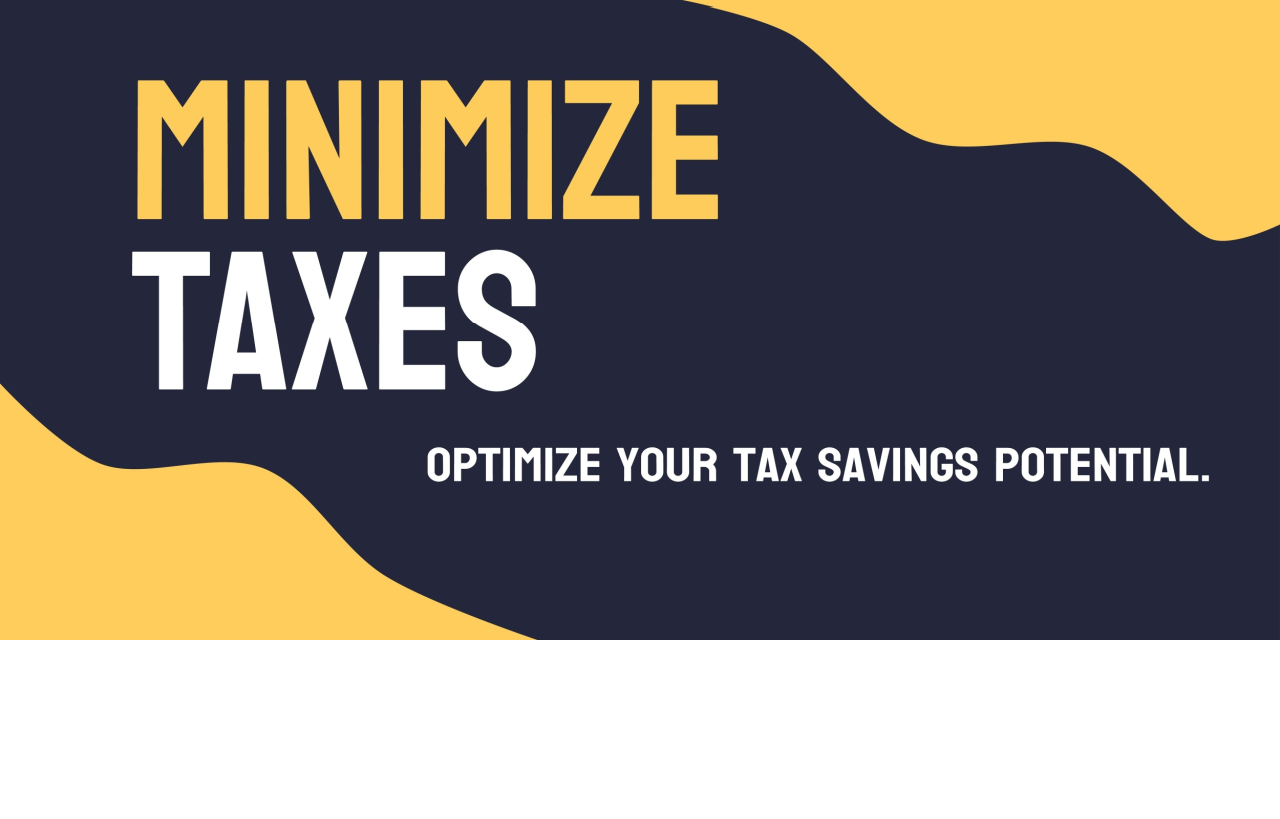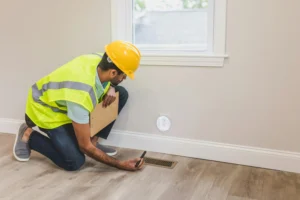Taxes don't have to be one of your biggest expenses

7 Tax Strategies to Reduce Your Real Estate Investment Tax Burden in 2025
If you’re a multifamily investor, taxes are probably one of your biggest expenses, but they don’t have to be. The U.S. tax code is full of opportunities to legally reduce what you owe, especially if you know where to look. The key is to plan ahead and use strategies that help you maximize deductions, leverage depreciation, and take advantage of tax incentives before they phase out.
Here are seven tax-saving strategies that can help you keep more of your rental income in 2025.
1. Take Advantage of Bonus Depreciation (Before It’s Gone)
For the past few years, investors have benefited from 100% bonus depreciation, which lets you write off a big chunk of your property’s cost immediately instead of waiting 27.5 years. But this tax break is being phased out:
-
2024: 60% bonus depreciation
-
2025: 40% bonus depreciation
-
2026: Gone. Back to regular depreciation rules.
If you’ve been thinking about buying a new multifamily property or making upgrades, do it before the end of 2025 so you can still claim bonus depreciation while it’s available.
Example: You buy a multifamily property in 2025 for $1 million. If $400K of the cost qualifies for bonus depreciation, you can deduct 40% of that amount ($160K) in year one instead of spreading it over decades.
2. Use Cost Segregation to Speed Up Depreciation
A cost segregation study helps you break down your property into different asset categories (like appliances, landscaping, and fixtures) that depreciate faster than the building itself. This lets you take larger deductions upfront and reduce your taxable income.
Why it matters
-
Instead of waiting 27.5 years for full depreciation, you can write off portions in 5, 7, or 15 years.
-
Pair it with bonus depreciation for even bigger savings.
Pro Tip: This strategy works best for investors with properties worth $500K or more, since the cost of the study is usually around $5K-$10K.
3. Become a Real Estate Professional (For Full Tax Write-Offs)
If real estate is your primary business, you can qualify as a Real Estate Professional (REP) under the IRS rules. This is a major advantage because it lets you deduct all your rental losses against your ordinary income.
To qualify, you must:
-
Spend 750+ hours per year on real estate activities (acquisitions, management, development, etc.)
-
Show that real estate is your primary business (more hours than any other job)
If you qualify, your rental losses can reduce your W-2 or business income, significantly lowering your taxes.
4. Use the 1031 Exchange to Defer Capital Gains Taxes
A 1031 exchange lets you sell a property and reinvest the proceeds into another “like-kind” property—without paying capital gains taxes.
How it works
-
Sell your multifamily property.
-
Reinvest in a new multifamily deal.
-
Pay no taxes on your capital gains (as long as you follow the IRS rules).
Example: You sell a 12-unit building for $1.2M with a $500K gain. Instead of paying $100K+ in capital gains taxes, you roll the full amount into a new property tax-free.
Pro Tip: A Delaware Statutory Trust (DST) is a great 1031 option if you want passive income without managing a new property.
5. Write Off Travel, Home Office, and Business Expenses
If you’re actively managing properties, you can deduct a lot of everyday expenses:
-
Travel costs (flights, hotels, and meals for property visits)
-
Home office deduction (if you work from home and have a dedicated office space)
-
Vehicle expenses (mileage, repairs, and gas if you use your car for property management)
These deductions may seem small, but they add up and help reduce your taxable income.
6. Use a Self-Directed IRA (SDIRA) to Buy Real Estate
Did you know you can buy multifamily properties inside your retirement account? A Self-Directed IRA (SDIRA)lets you:
-
Buy rental properties tax-free or tax-deferred
-
Grow your investments without capital gains taxes
-
Use rental income to buy more properties
If you want to build long-term wealth without paying taxes on rental income, this is a smart strategy. Just remember:
-
You can’t personally manage the property (it must be handled by a third party).
-
Expenses must be paid from the IRA.
7. Set Up an LLC (or S-Corp) for Tax Benefits
If you own multiple multifamily properties, setting up an LLC or S-Corp can protect your assets and provide tax benefits.
LLC Benefits
-
Limits your personal liability (protects your personal assets from lawsuits)
-
Pass-through taxation (profits go directly to you without corporate taxes)
S-Corp Benefits (For Active Investors)
-
Helps you avoid self-employment tax on rental income
-
Lets you pay yourself a salary and take additional profits as distributions (which can lower taxes)
For high-income investors, an S-Corp could save thousands in self-employment taxes every year.
FAQ
Q: What if I have a W-2 job—can I still deduct real estate losses?
A: If your income is below $150K, you can deduct up to $25K in passive losses. If you earn more, you may need to qualify as a Real Estate Professional to claim full deductions.
Q: Can I do a 1031 exchange into a different type of property?
A: Yes. You can exchange into self-storage, mobile home parks, or even raw land—as long as it’s investment real estate (not your personal home).
Q: How do I know if cost segregation is worth it?
A: If your property is worth $500K+, a cost segregation study can provide 5-10x the cost in tax savings.
Q: When should I set up an LLC for my rental properties?
A: If you have multiple properties or plan to scale, setting up an LLC early can protect your assets and make tax filings easier.
Bottom Line
Multifamily real estate is one of the most tax-advantaged investment strategies, but only if you know how to use the tax code to your benefit. By using these seven strategies, you can keep more of your cash, reinvest in more properties, and build long-term wealth faster.













 Accessibility
Accessibility